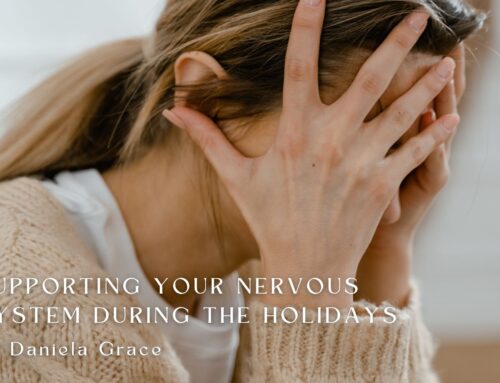Vasomotor symptoms, or hot flushes and night sweats, are the most common symptoms of perimenopause and menopause. Perimenopause is the period before menopause when these symptoms begin and peak. This period lasts on average for 4 years but can last for much longer.
Menopause is the time in a woman’s life when she has not had a period for at least a year. She may continue to experience hot flushes and night sweats, but they will probably occur less often.
Hot flush triggers
Each woman’s triggers for hot flushes may be a little different, but some common ones include:
- caffeine
- alcohol
- eating spicy foods
- being in a hot room
- feeling stressed or anxious
- wearing tight clothing
- smoking or being exposed to cigarette smoke
- bending over
You may want to start keeping a journal about your symptoms. Write down what you were doing, eating, drinking, feeling, or wearing when each hot flash began. After several weeks, you may begin to see a pattern that can help you avoid specific triggers.
Quick relief methods
Some women are able to manage their hot flushes with some simple tools or techniques. Here are some simple ways to find relief:
- dressing in layers, even on the coldest days, so you can adjust your clothing to how you’re feeling
- sipping ice water at the start of a hot flash
- wearing cotton night clothes and using cotton bed linens
- keeping a cold pack on your bedside table
Relaxation techniques and exercises
Stress causes the release of a substance called epinephrine, which increases body temperature and sweating. Relaxing activities may help reduce the severity and frequency of hot flushes.
Relaxation techniques such as yoga, Tai chi, Qigong and meditation may help reduce the frequency of hot flushes.
Nearby:
- Kundalini house in Fitzroy North offers yoga, Qigong and meditation classes
- Jin Li Wushu Tai Chi in Preston/Northcote offers Tai Chi and Qigong classes.
Eating a healthful diet
Nutrients, in particular proteins and fats, help guide healthy hormone and nerve signalling.
A well-balanced diet can also reduce blood sugar changes that cause similar symptoms to hot flushes. Try to eat foods high in omega-3 fatty acids, such as cold-water fish or ground flax seed, or consider a fish oil supplement (I’d recommend Omega Vital Pure Omega-3 Concentrate capsules by Eagle).
Other foods that may be helpful: Goji berries, black sesame seeds, mulberries, pears, pomegranate, seaweed, spinach, yam. See sheet of Yin deficiency for further details.
Alternative therapies
Acupuncture may be helpful, without the side effects of medication. One study published in 2011 found that women who had acupuncture had significantly fewer menopausal symptoms, including, than those who had sham treatments. Sham acupuncture is shallow needling that doesn’t stimulate a true acupuncture point. It’s a way to test if acupuncture is effective or not.
And just an interesting perspective from a Chinese medicine point of view:
“Chinese Medicine sees menopause as a deep energy shift that extends beyond physical changes. It’s a natural and normal part of a woman’s life, yet it has the power to affect her mind, emotions and spirit. Menopause is an energy gateway – a unique chance for a woman to prepare her body, mind and spirit for a healthy, long life. It’s a time when she can heal, strengthen herself, and balance and harmonize her energies. Menopause creates the opportunity for a transformation, a new beginning, as a woman becomes free to discover, pursue or complete her life’s mission and touch her spirit – and the spirits of those around her – in a profound and meaningful way.”
“Everyone is born with a self-healing ability. Women, in particular, have a unique ability to heal because of their menstrual cycle and their special organs: the ovaries and the uterus. These organs give women the capacity to create wellness so their body can function in a healthy way – at any age.” – Dr. Nan Lu, Traditional Chinese Medicine: A Women’s Guide to a Hormone-Free Menopause
By Dr Leela Klein (TCM)
Leela is a Chinese Medicine Acupuncture and Herbal Practitioner at Kundalini House. Her treatments often combine bodywork with acupuncture, and ancillary techniques such as moxibustion, cupping, gua sha (scraping), as well as diet & lifestyle suggestions.
Leela has a special interest in psycho-emotional disorders such as anxiety and depression, insomnia, Women’s Health (e.g. pregnancy, menopause, period pain), gastrointestinal concerns as well as autoimmune conditions.
Leela available for Chinese Medicine and Acupuncture Wednesday’s and Saturday’s at Kundalini House. Call the clinic on 9482 4325 for bookings or follow the link below.









Leave A Comment